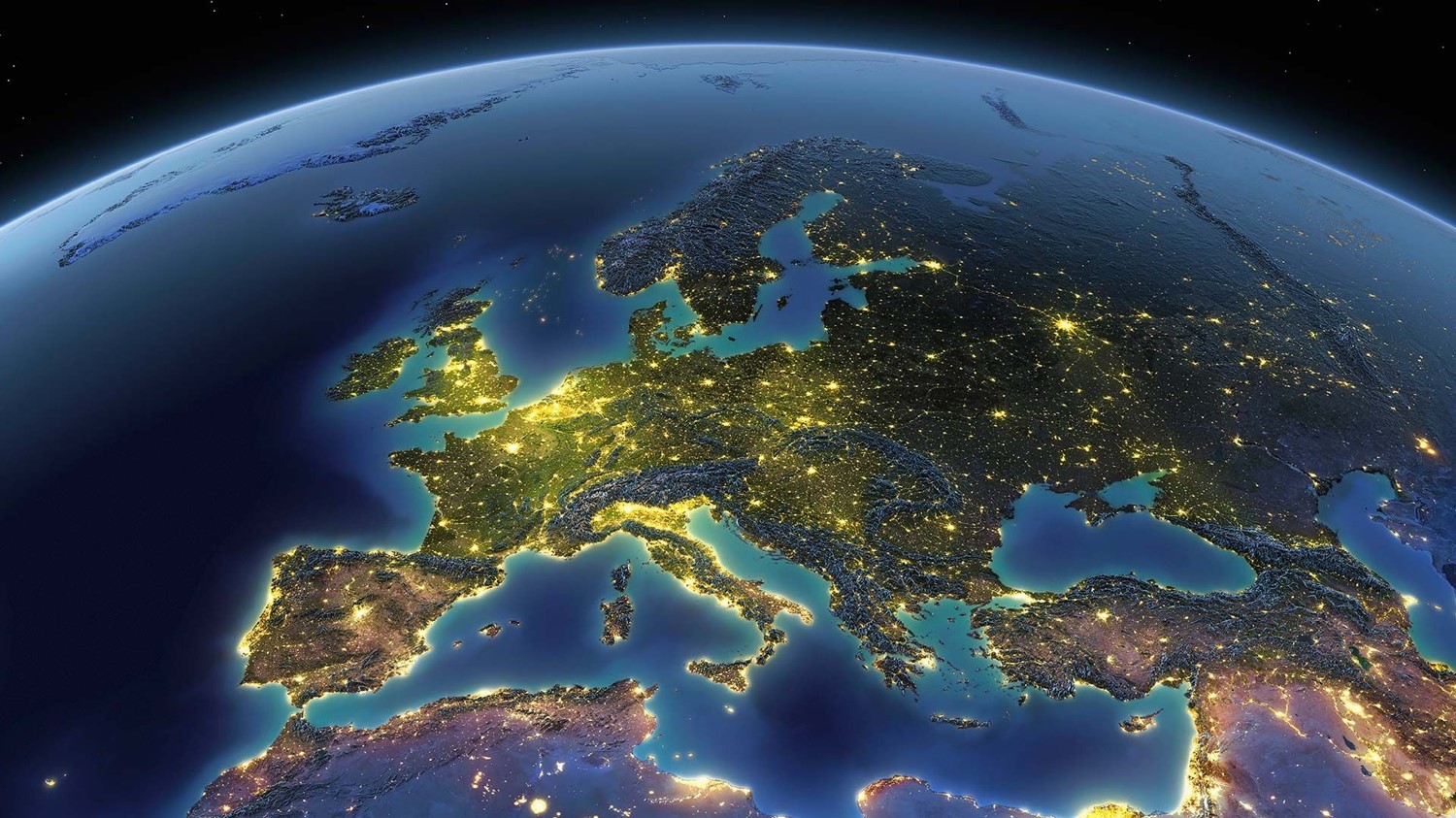
One of the main goals of the GEOEssential project is to create cross-thematic workflows to evaluate, predict and monitor natural resources to inform via Earth Observations the Sustainable Development Goals, and other relevant environmental policy at European and national scales. The GEOEssential workshop organized in 23 – 25 April, 2018, in Palma de Mallorca, was focused on practically defining and executing these cross-thematic workflows, using the Virtual Laboratory (VLab) – cloud-based platform, developed by one of our partners – Consiglio Nazionale delle Ricerche – CNR.
http://www.geoessential.eu/geoessential-workshop-palma-de-majorca-spain/








